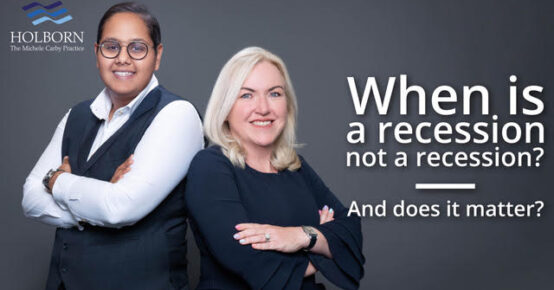When it comes to wealth management, inheritance tax (IHT) generates its fair share of headaches. Tax rules across the world are murky and unclear where IHT is concerned. A wrong turn when navigating this path can cost your family dearly especially in the UK.
Giving Away Income to avoid Inheritance Tax
Under section 21 of the Inheritance Tax Act 1984, you can give away your income to avoid giving it to the taxman when you pass. These payments are referred to as gifts. To do this you have to satisfy the three conditions outlined below:
- The donations were made from your income. HMRC applies ‘taking one year with another’
- It was part of your ‘normal expenditure’
- You are left with sufficient income to maintain your standard of living
Income and Inheritance Tax
HMRC only classes certain aspects as income and will disregard ones that do not fall into the ‘income category’ they set out. Income includes earnings, pension payouts, rental payments, and dividend payouts.
Aspects such as life insurance bond payouts are not classed as income by HMRC, even though they are clearly a form of income.
The point here is that when deciding how much you are going to give away, you have to show that it came from income that HMRC states is income, and not from sources that fall the wrong side of the line.
If your income is variable, maybe you own a business, for example, HMRC will examine your income for the tax year the gifts were made. This is to check that you had the income to cover the gifts without affecting your standard of living. HMRC’s ‘taking one year another’ applies over a defined period of time you were making gifts.
For example, you make gifts for ten years. HMRC will look at your income over ten years and assess whether or not you could make the gifts over that time. If it deems you could, the gifts are classed as IHT free.
‘Normal Expenditure and IHT’
What is and what is not ‘normal expenditure’ is the most contested part of IHT in court. There is no legal basis for what is normal, so for all intent and purposes income is classed as normal for the individual, not the common person.
To be able to show that the gift was part of normal expenditure the payments need to be shown to be regular and of the same value. It is recommended you use a direct debit as this shows your gifts as a regular outgoing.
One-off payments will not be classed as gifts unless it can be shown you passed away before the second payment was made.
Gifts can take various forms such as paying into a pension or a junior ISA providing the beneficiary is your son or daughter. It cannot be your grandchild. It is wise to consult a financial planner to clarify what HMRC will count as legitimate gifts.
How Executors Prove you made Gifts
To show that you were making gifts your executors complete page 6 of the IHT 403 form.
The form breaks down your net income to show you had surplus income for the period your executors can claim you were making gifts. HMRC will examine this form to determine whether the gifts came from income, and whether or not your donations affected your standard of living.
Unless you keep accurate records as you go this will prove difficult for your executors. If you complete regular tax returns, this is a good time to complete the table. Another recommended feature is to write a letter of intent stating you are about to make gifts and what form the gifts take.
Any kind of supporting evidence you can provide helps, and obviously leave this evidence where your executors can find it.
Minimise your IHT Liabilities
You don’t want to leave your money to the taxman when it could be going to your family and helping them in what is a difficult economic climate. Click here and complete the Call Back Service form and together we can plan your wealth to minimise your tax liabilities. Improve your family’s life today.
Read more: This is Money
For more information, please contact Michele Carby at Holborn Asset Management on +971 50 618 6463 and on e-mail at [email protected]












